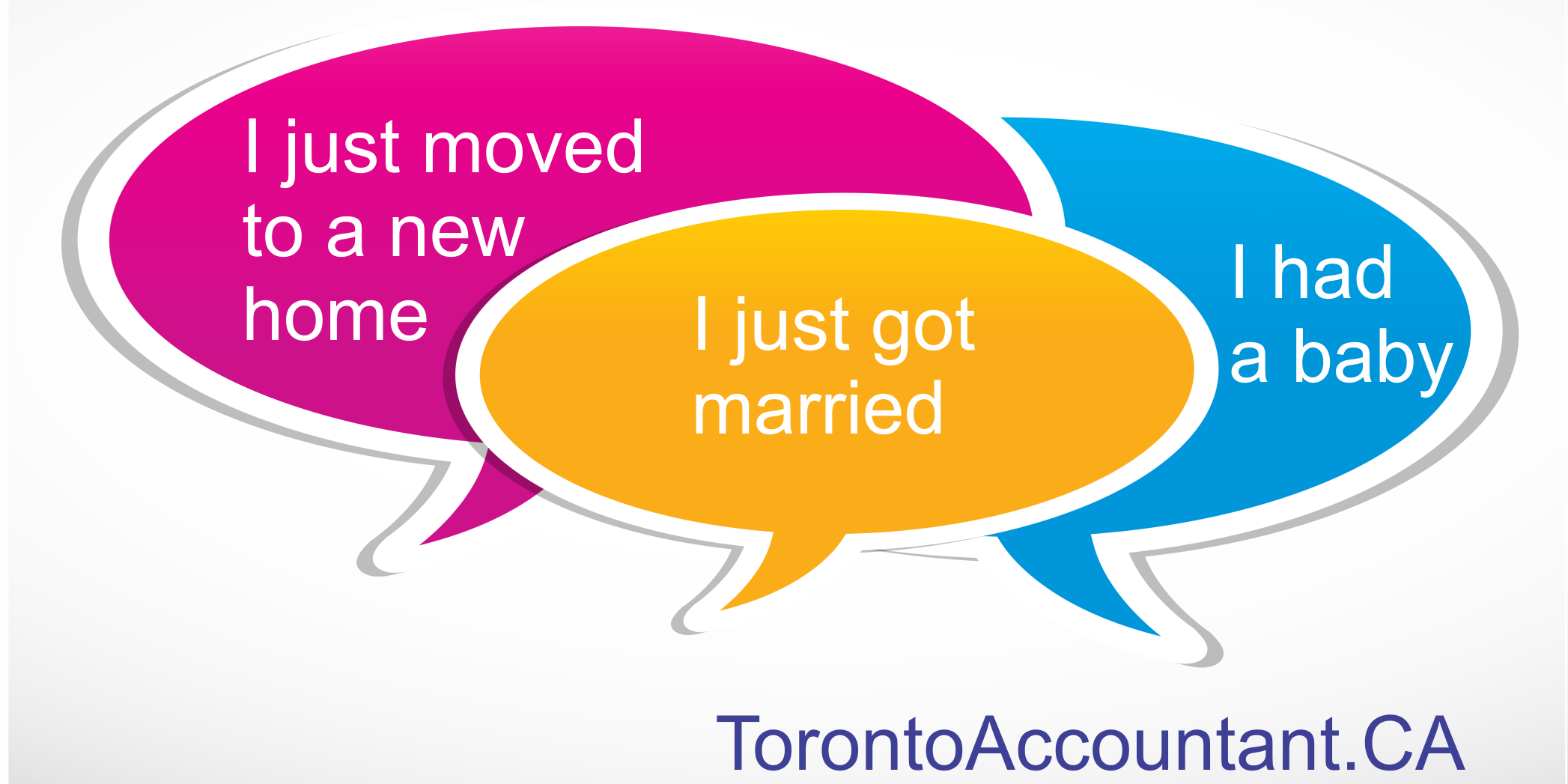Most people like to have as little dealings as possible when it comes to the CRA. They like to get their taxes over and done with then forget about this agency for another year. However, what you need to keep in mind is that you must inform the CRA of some of the events that take place in your life, whether it is tax time or not.
If you are moving then technically you need to complete Form RC325 which is an address change request. Or if you want you can send a letter. In the letter you have to give your social insurance number, your new address and when you moving date will be. If you like you can also include the information for your spouse or common law partner if they are moving with you. They must also sign the letter as well.
It is important that you give the CRA your new address. They will need this for payments such as GST/HST credit payments, Universal child care benefits, or the Canada child tax benefit for example. Also, keep in mind that you are responsible for contacting any other pertinent government departments as the CRA will not forward your information to them.
Another most unfortunate life event is when someone passes away and you are responsible for their tax obligations. Most likely you will need some help with this final return as they can be quite complex depending on the tax situation of the individual. You may have some obligations to meet like returning the GST/HST credit the individual had received. This is because the payment for this was made in advance. The CRA may have to do some adjustments and make a payment to the estate.
It can also complex when it comes to TFSAs that the deceased individual may have had.
Whenever an individual has to deal with the CRA beyond the normal tax situation it often is confusing and perplexing. To make matters easy for you it is best to have a quality accountant tend to all your matters concerning the CRA. If it happens to be a matter that is beyond this expert’s level of expertise then he will guide you to the appropriate resources. In some cases you may need a tax lawyer. In many cases this is not a requirement and your accountant is able to deal with the matter on your behalf with the CRA.

